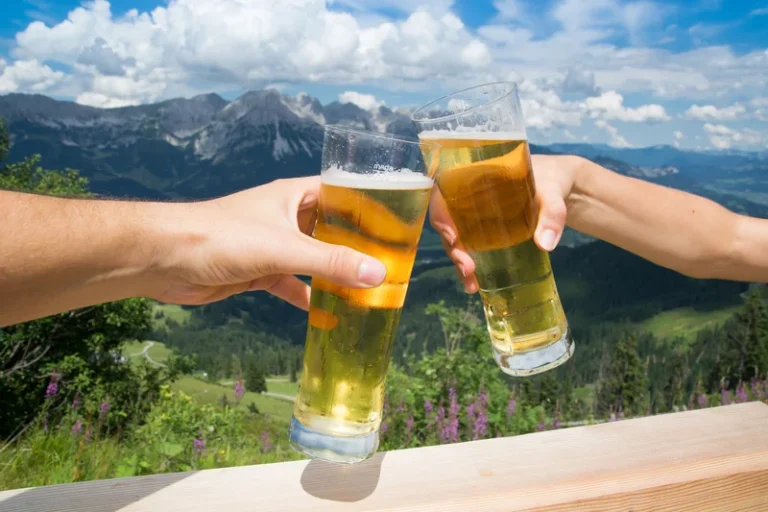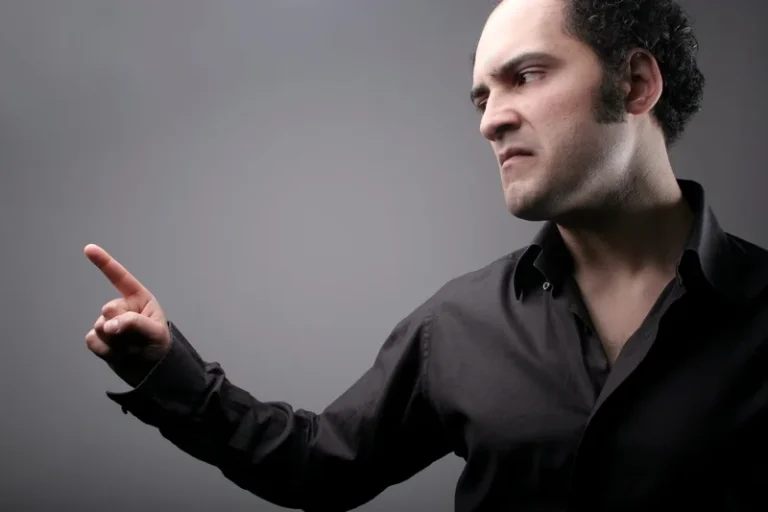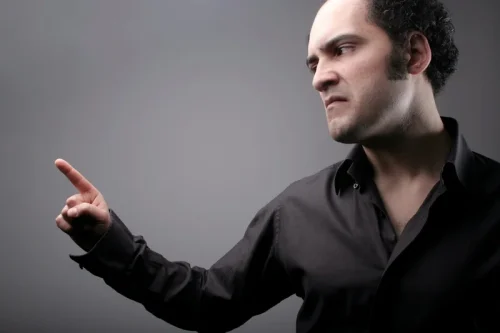How Alcohol Affects Sleep

If you think your drinking may be impeding your sleep or overall quality of life, speaking to your doctor or therapist is a great first step. So while cutting out drinking will likely benefit your sleep, there may be other factors affecting your shuteye. His research and clinical practice focuses on the entire myriad of sleep disorders. Chester Wu, MD, is double board-certified in psychiatry does alcohol help you sleep and sleep medicine.
How long before bed should you stop drinking?

Overall, your sleep is likely to be shorter, lighter, and more interrupted when you have alcohol in your system. It’s just as important as a nutritious diet and regular exercise. While you snooze, many parts of your body get a chance to reset.
- Lindsay Modglin is a nurse and professional writer who regularly writes about complex medical topics, as well as travel and the great outdoors.
- However, though it may get you to sleep quicker in the short term, you’ll most likely wake up in the night as a result.
- If you are one of the nearly two thirds of Americans who drink alcohol, chances are, you’ve had a drink in the hours before bedtime.
- Also, research shows that people can develop a tolerance to this boozy method within three nights, causing you to need a larger amount of alcohol to get the same effect.
- As your body metabolizes the alcohol, glutamine production kicks into overdrive and wakes you up.
How to sleep after drinking
Women’s sleep is more disturbed by alcohol than men’s, Meadows said. In a 2011 study published in the journal Alcoholism, Clinical and Experimental Research, men and women consumed the same amount of alcohol before going to bed. Although the results were self-reported, women said they felt more tired before bed, experienced more nighttime awakenings and recorded less sleep than their male counterparts. REM sleep is vital for healthy brain development, the National Sleep Foundation noted. Not getting enough https://ecosoberhouse.com/ REM sleep can make concentrating difficult, cause forgetfulness and leave people feeling excessively sleepy during the day. Poor sleep can also contribute to a wide range of health problems, according to the NIH, including obesity, high blood pressure and depression.

Insomnia and Alcohol

Studies have shown that sleep deprivation before or after getting a vaccine can reduce by half the number of disease-fighting antibodies your body produces. So, when you receive a vaccine, prioritize getting a good night’s sleep in the days before and after the appointment. The occasional bad night’s sleep may be unpleasant, but is unlikely to have a lasting effect. However, studies have shown that a continuous lack of REM sleep can negatively affect memory and learning, may impact our emotional abilities and increase the chance of migraine. Poor sleep has also been linked to an increased likelihood of mental health problems such as anxiety and depression, hypertension, obesity, heart attack and stroke.
Alcohol aggravates OSA as it can increase the time between the breaths you take as you sleep. Drops in blood oxygen levels (desaturations) become more pronounced and can in severe cases lead to hypercapnia (increased carbon dioxide), a potentially fatal condition. In the UK, almost half of adults drink alcohol once a week or more. About a quarter of all adults report Sober living house drinking more than the recommended weekly limit of alcohol. Along with prescription medications and folk remedies, many have incorporated a glass or two of alcohol into their nightly routine to try to catch a few more hours of shuteye. On the one hand, we have an entire category of cocktails (nightcaps) that are supposed to lull us into slumber.

This lets our users draw their own conclusions on whether a particular activity led to a poorer or improved quality of sleep and can also let them see certain patterns over time. While alcohol can help you fall asleep, it does not help you stay asleep during the later hours of the night. It may increase the likelihood of waking up in the middle of the night, resulting in grogginess the next morning. Sleep deprivation due to alcohol consumption can exacerbate performance impairment and daytime sleepiness. Though these suggestions may help you get through the night a bit more painlessly, they won’t reverse the impact alcohol has on sleep quality. The best way to protect sleep is to cut off your drinking earlier in the day or forgo drinking entirely.
- There’s a complicated relationship among depression, alcohol, and sleep.
- Doing all that work consumes huge amounts of energy and creates a lot of waste.
- Sleep problems, such as difficulty getting to sleep, frequent waking during the night and difficulty getting up in the morning, were also more common in people with alcoholism.
- As your body metabolizes the alcohol and the sedative effects wear off, it can interfere with your circadian rhythm, and cause you to wake up frequently or before you’re properly rested.
- While every person’s individual sleep cycle varies, it’s generally true that each of us goes through four to six rounds of it.

![Daniël Klijn [LittleDean]](http://www.littledean.nl/wp-content/uploads/2018/10/cropped-Littledean-LONG-wit-1-1-1.png)